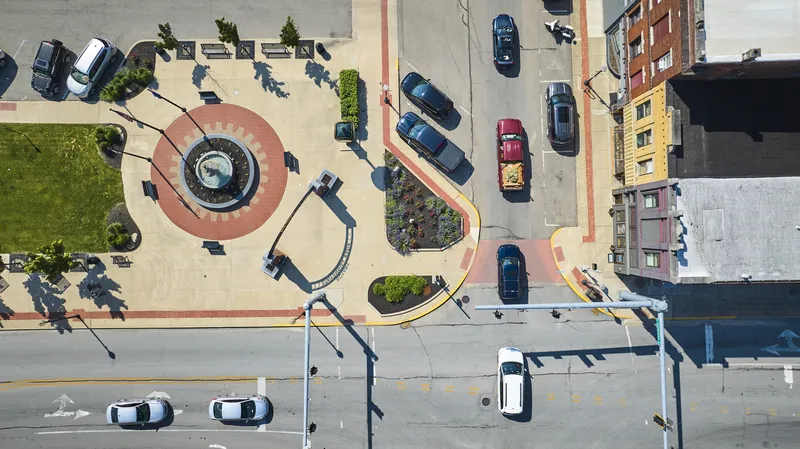Iteris has deployed its Iteris iPeMS performance management system in Toronto, Canada, enabling the city to automatically analyse and visualise real-time and historical traffic while measuring the impacts of changing weather, construction work and infrastructure on roadway mobility and safety. Iteris iPeMS, in combination with real-time and historical traffic data from mapping and location services provider Here, will provide the city with real-time, actionable insights to use to improve its transportation
May 12, 2017
Read time: 1 min
Iteris iPeMS, in combination with real-time and historical traffic data from mapping and location services provider Here, will provide the city with real-time, actionable insights to use to improve its transportation network and reduce congestion.








